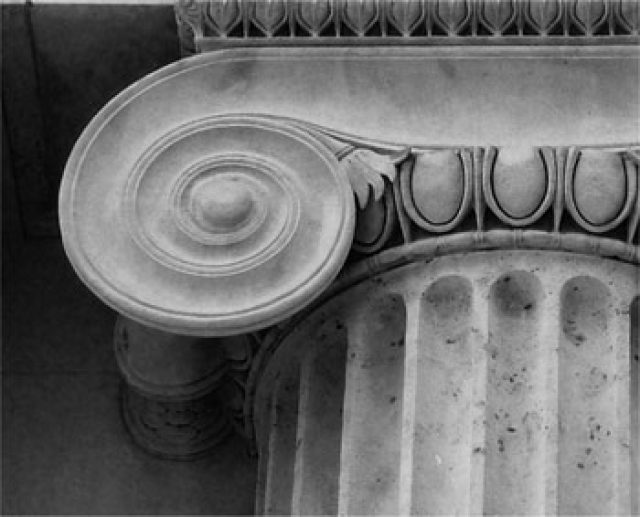South Carolina Courts-Common Pleas vs. Magistrate’s Court
This article describes some of the differences between Common Pleas Court and Magistrate’s Court in South Carolina.
Common Pleas Court
What is Common Pleas Court?
Each County in South Carolina has a Circuit Court. The Circuit Court in each county is in turn divided into two parts, Common Pleas and General Sessions. Common Pleas Court handles civil claims, while General Sessions handles criminal matters.
Common Pleas Court in South Carolina is a court of general jurisdiction, meaning that most types of civil claims can be filed in Common Pleas. The majority of cases filed in Common Pleas are claims for money damages, such as personal injury claims or breach of contract cases. In claims for money damages, there is no specific limit to the amount that the Plaintiff (the person filing the case) can seek to recover. Claims for injunctive relief (asking the Judge to order someone to do or cease doing something) can also be heard in Common Pleas Court.
What is the difference between a bench trial and a jury trial in Common Pleas Court?
A Plaintiff filing a case in Common Pleas Court can ask that the case be decided by the Judge alone (known as a bench trial), or they can request a jury trial. However, if the Plaintiff requests a bench trial, the Defendant can instead demand that the case be decided by a jury, since both sides have an equal right to a jury trial if requested. Jury trials in Common Pleas cases are conducted before a twelve person jury. The jury’s decision, called a verdict, must be unanimous.
What is discovery?
Discovery is available to the parties in Common Pleas cases. Discovery can include the use of interrogatories (questions which must be answered by the other side), requests to produce documents, requests to admit, and depositions (live testimony given before a court reporter). The use of discovery is designed to allow both sides to obtain information, documents, and testimony relevant to the case, in order to prevent either side from being “surprised” by the other at trial.
How long does it take for a case to go to trial in Common Pleas Court?
When a case is filed in Common Pleas Court, the case will be placed on the general docket, which is a list of all pending cases in the order in which they were filed. If a jury trial is requested, the case will remain on the general docket until one year after it was filed, at which point it will be moved to the trial docket. Once the case is on the trial docket, it is subject to being called to trial at a moment’s notice whenever the Court is in session (called a term of court). Most jury cases filed in Common Pleas are tried within one to two years after they are filed.
Non-jury cases (those involving a bench trial) are administered differently. After they are filed they become part of what is referred to as the non-jury docket. Non-jury cases are usually scheduled for trial more quickly than jury trials. A Judge may try multiple non-jury cases in a single day, as many non-jury cases only take an hour or less to try.
Magistrate’s Court
What is Magistrate’s Court?
Magistrate’s Court, also called Small Claims Court, is a court of limited jurisdiction. For money damage claims, the maximum that can be awarded is $7,500.00. Magistrate Judges do not have the power to issue injunctive relief.
Can a jury be requested in Magistrate’s Court?
A Plaintiff filing in Small Claims Court can ask that the case be decided by the Judge alone (bench trial), or they can request that the case be tried before a jury. However, if the Plaintiff requests a bench trial, the Defendant may instead demand that the case be decided by a jury. Jury trials in Magistrate’s Court are held before a six person jury. The jury’s decision must be unanimous.
Is discovery available in Magistrate’s Court?
Discovery is not available in Small Claims cases. The Judge will nevertheless encourage the parties to voluntarily exchange information concerning their witnesses and evidence prior to trial.
How long does it take before a case goes to trial in Magistrate’s Court?
Most civil cases filed in Magistrate’s Court are tried within 3 to 6 months after they are filed. Bench trials are scheduled more quickly than jury trials.
Share This Story, Choose Your Platform!









Leave A Comment